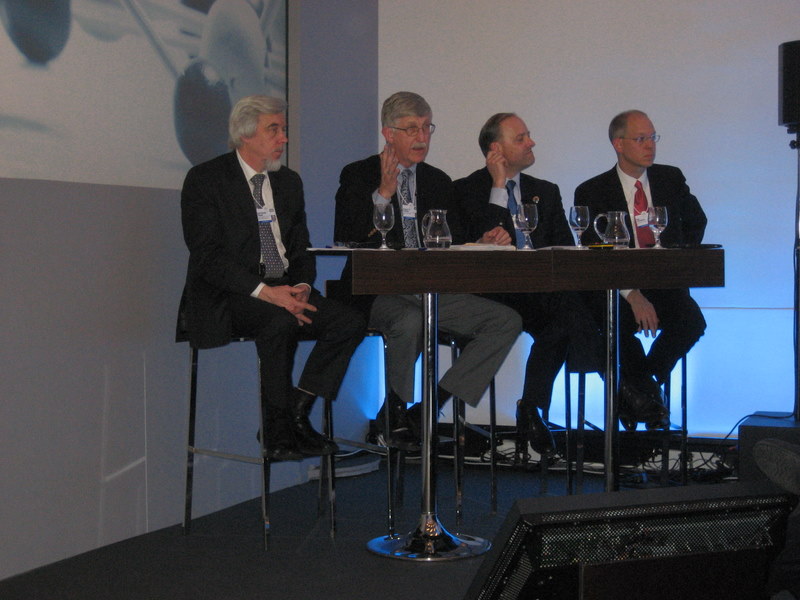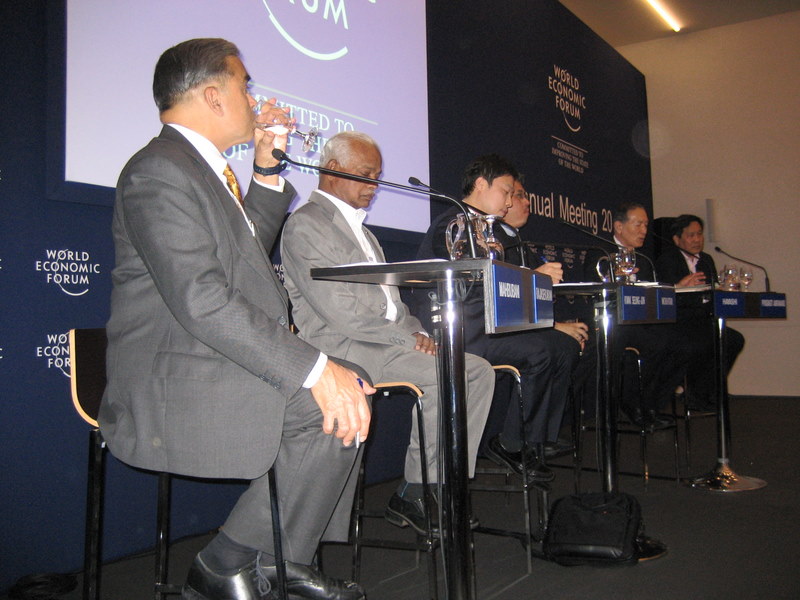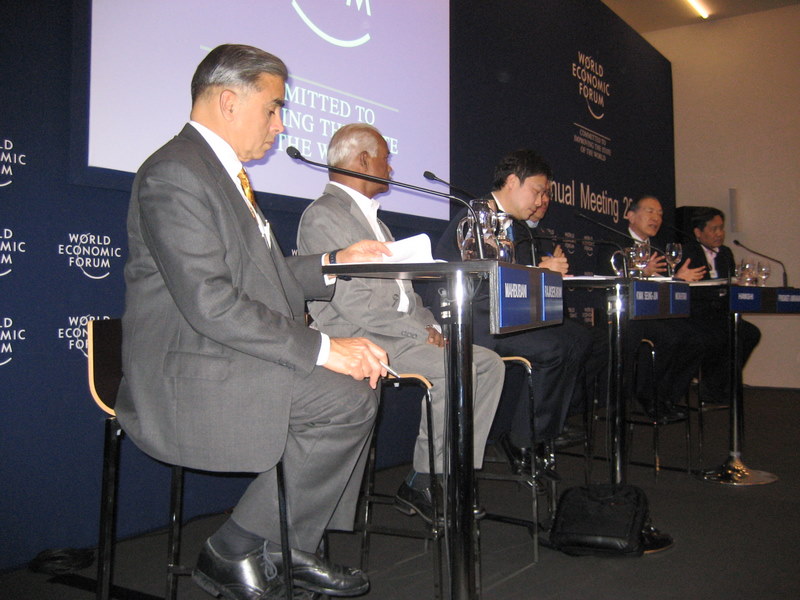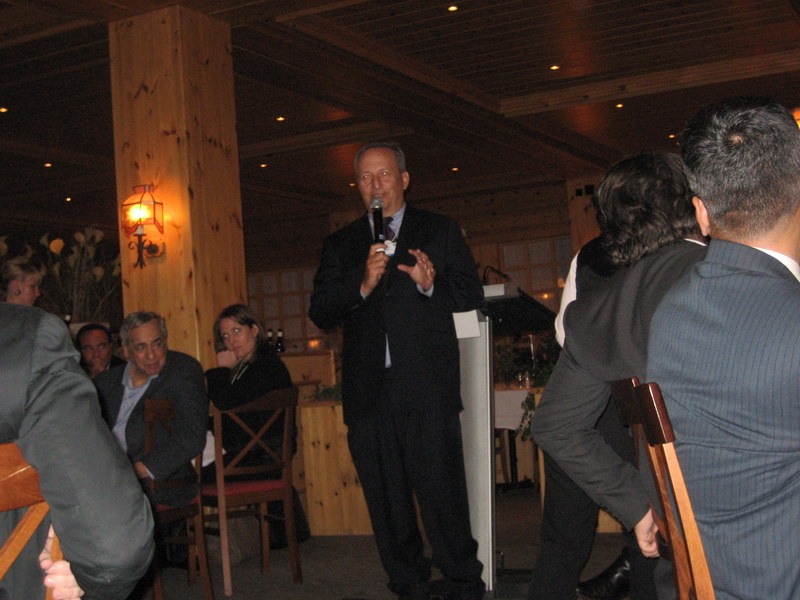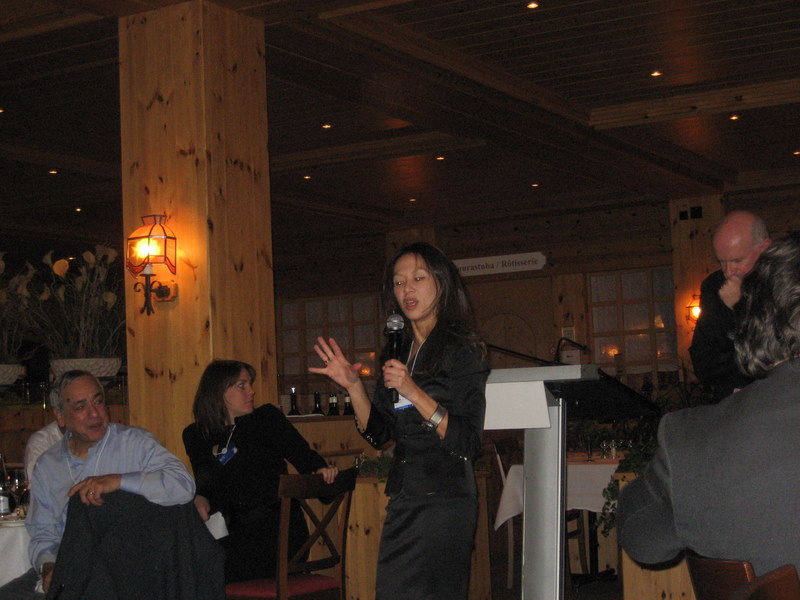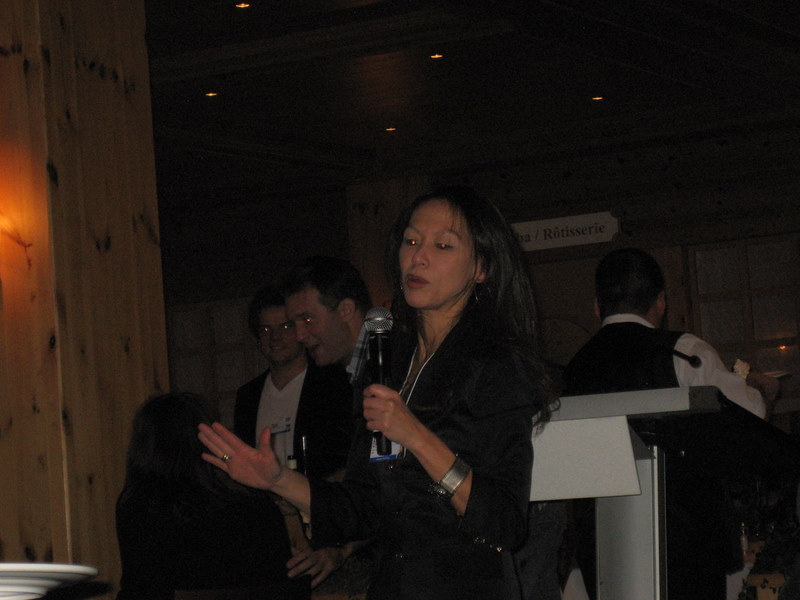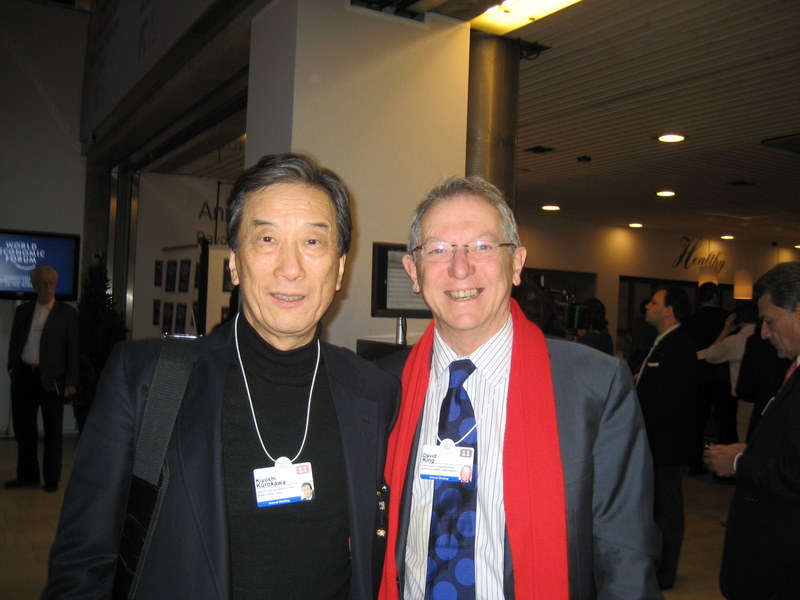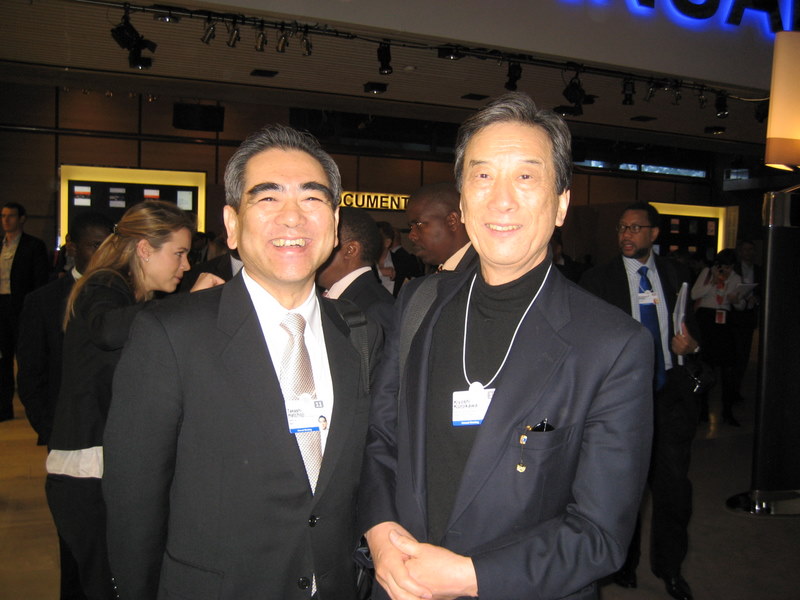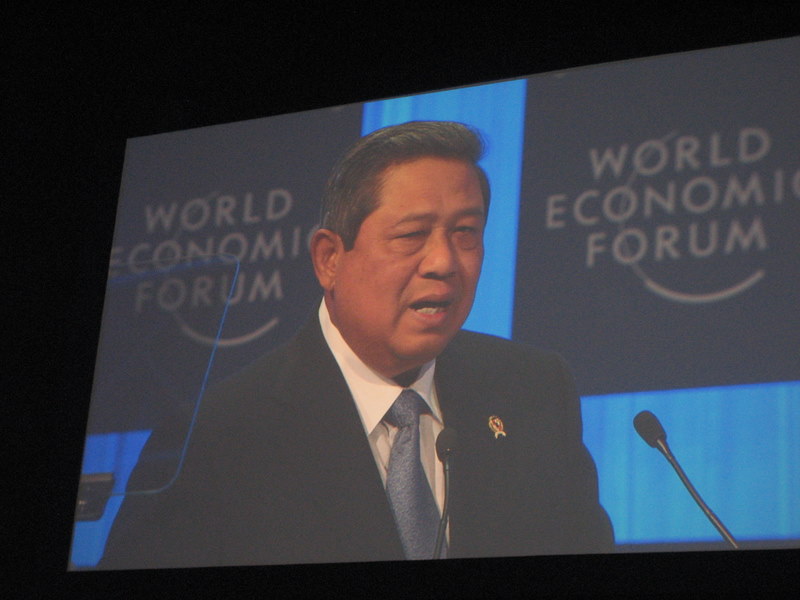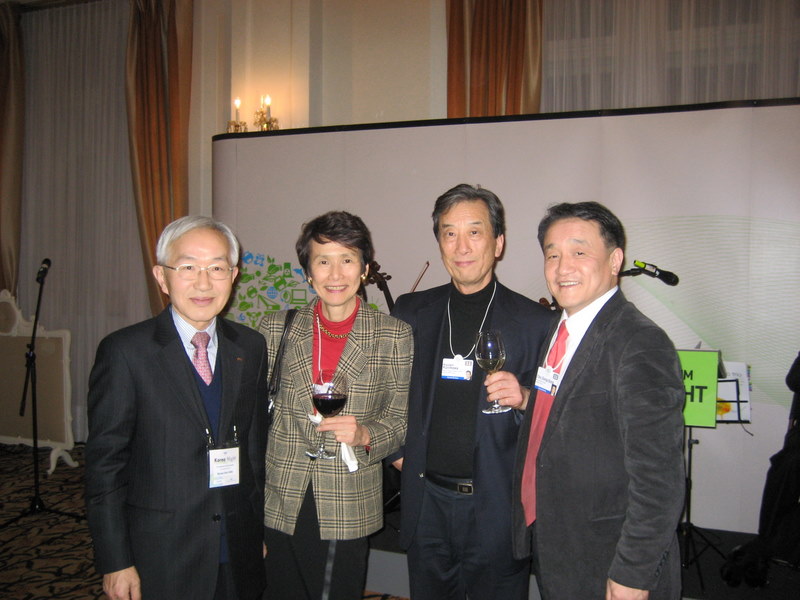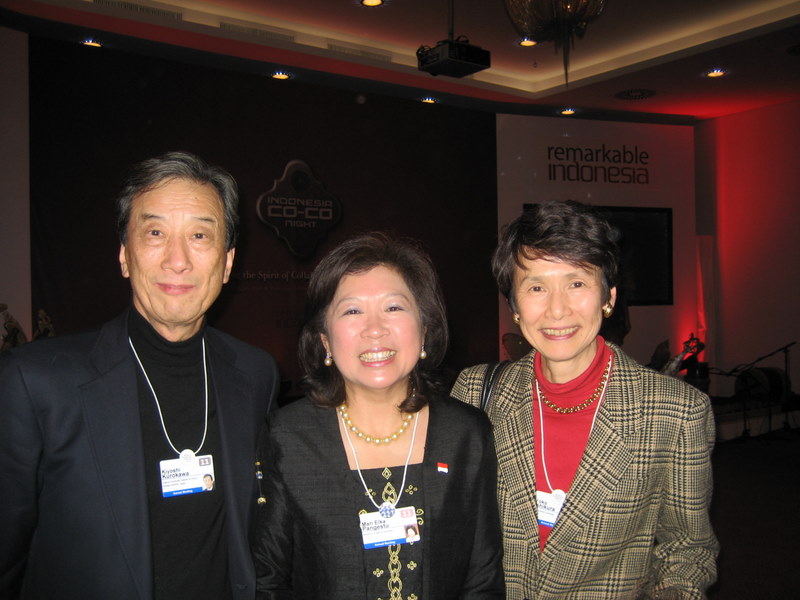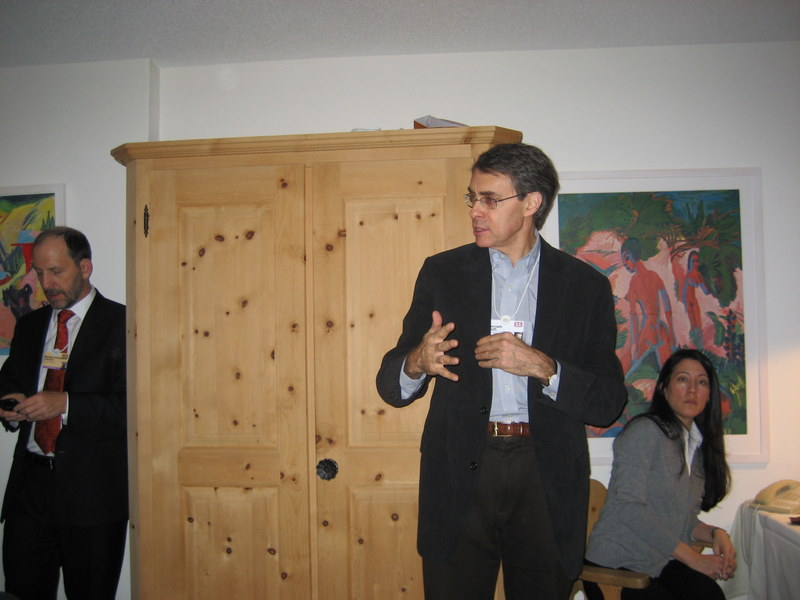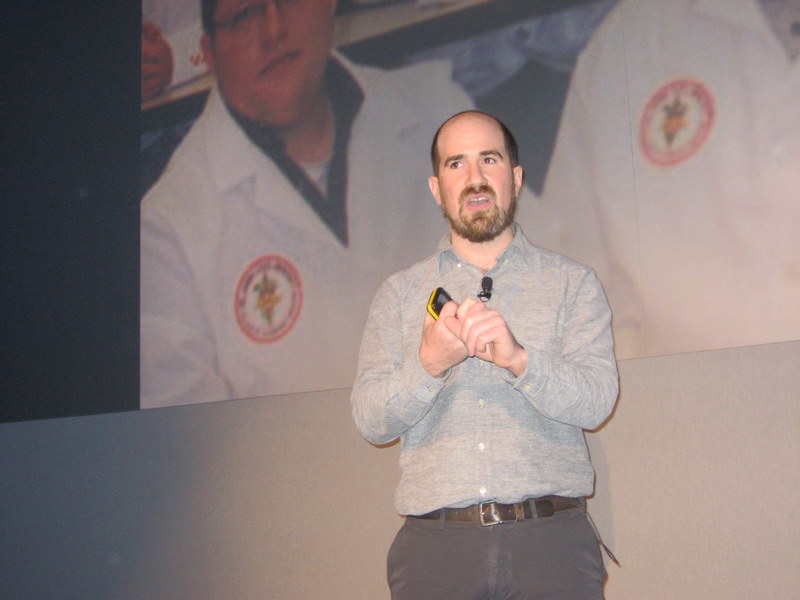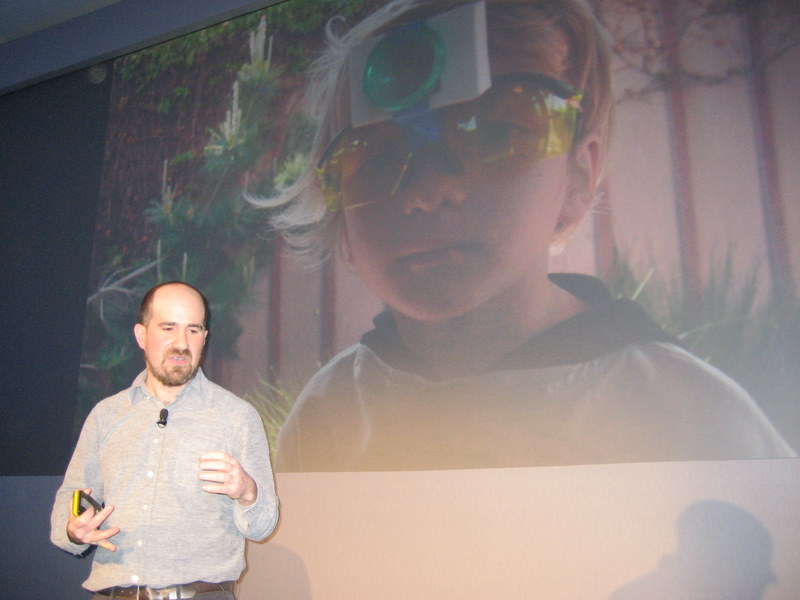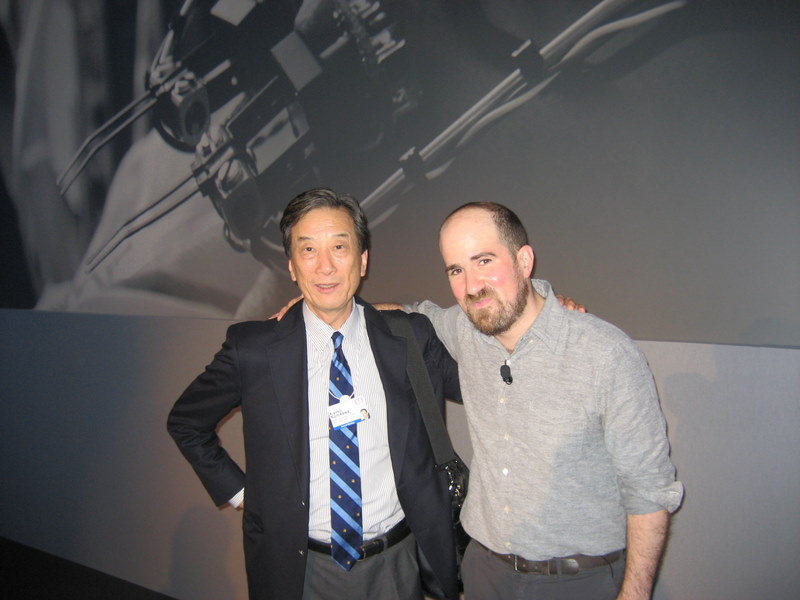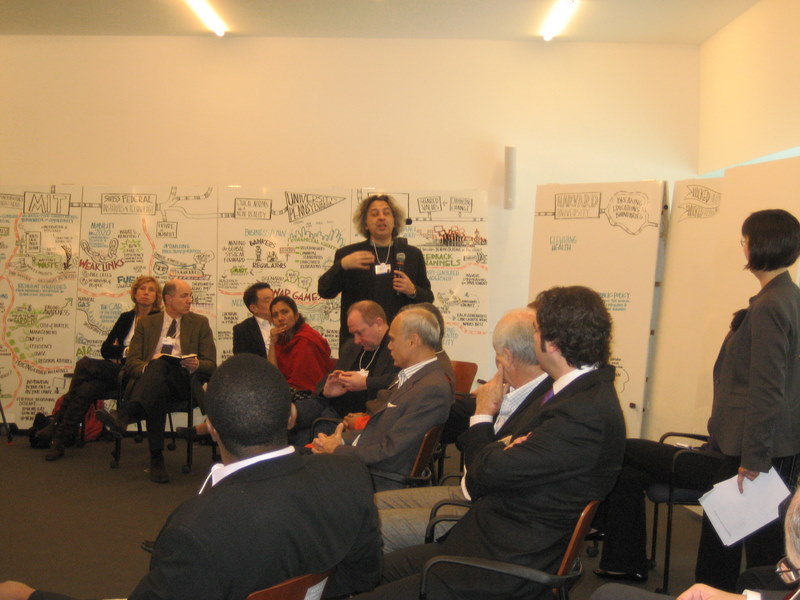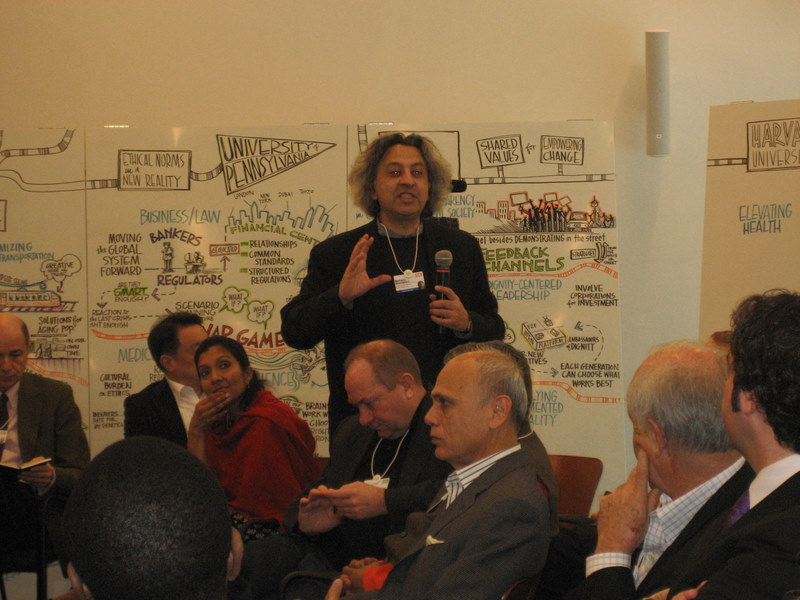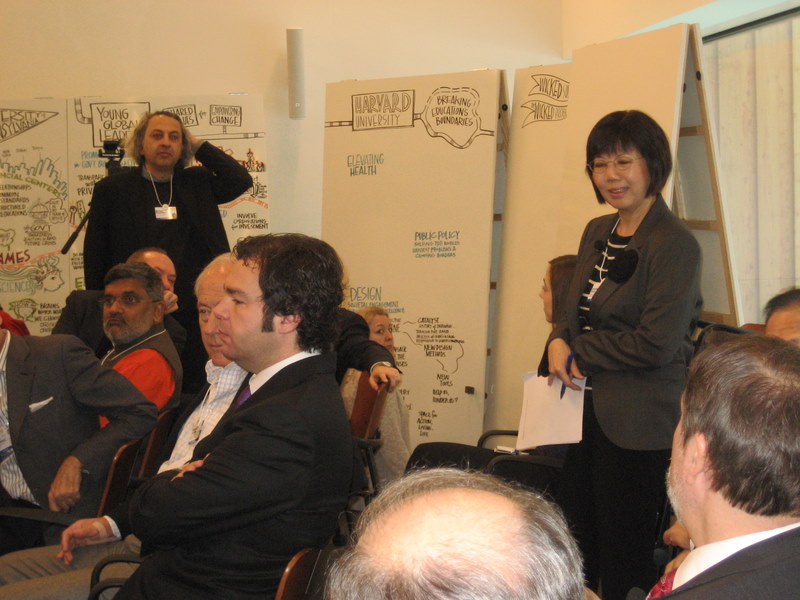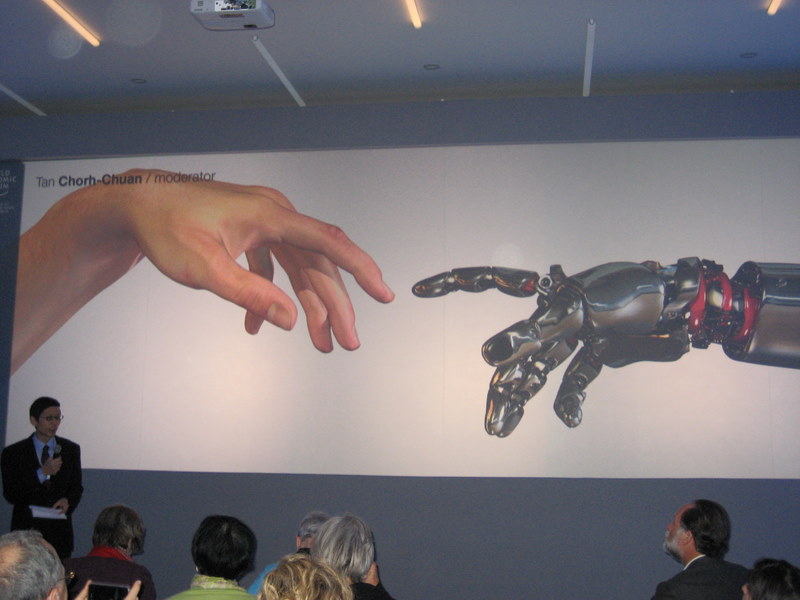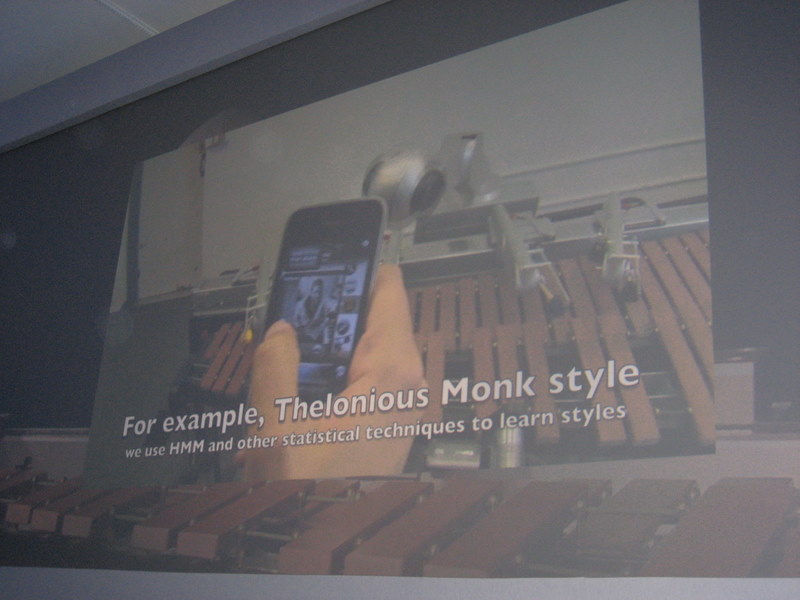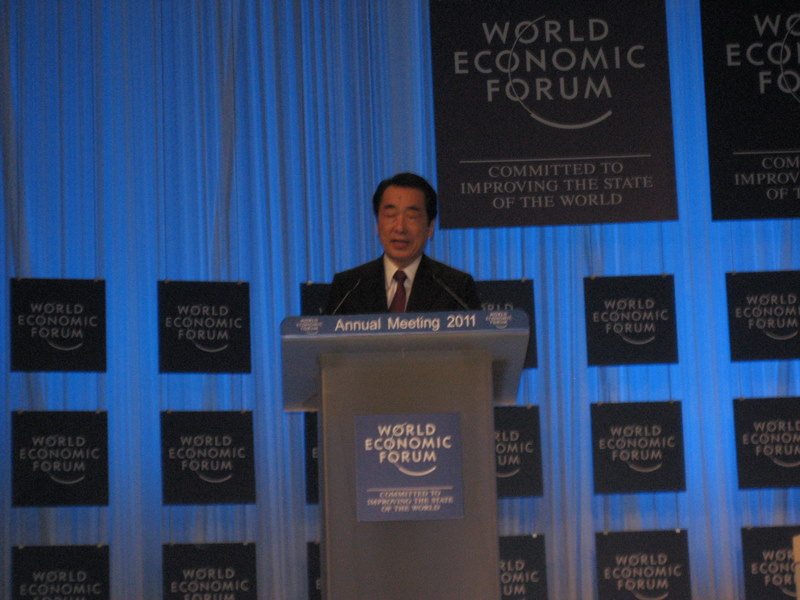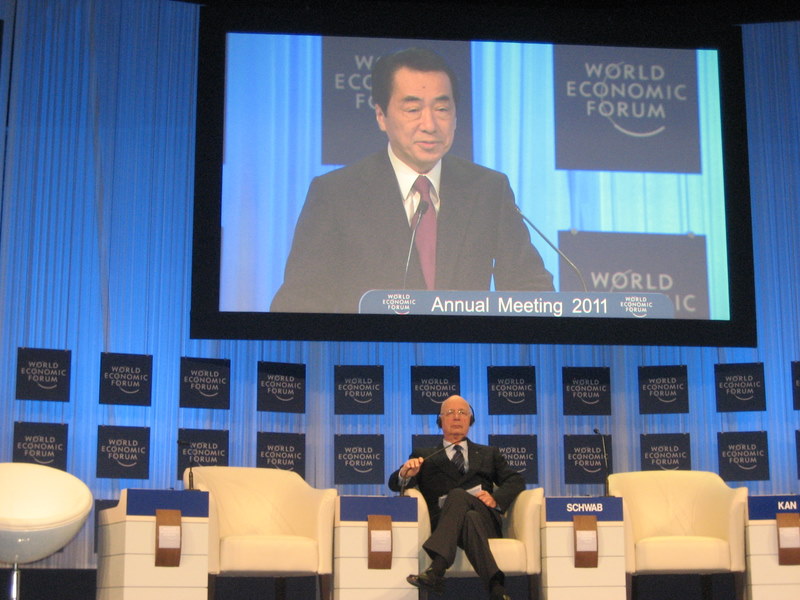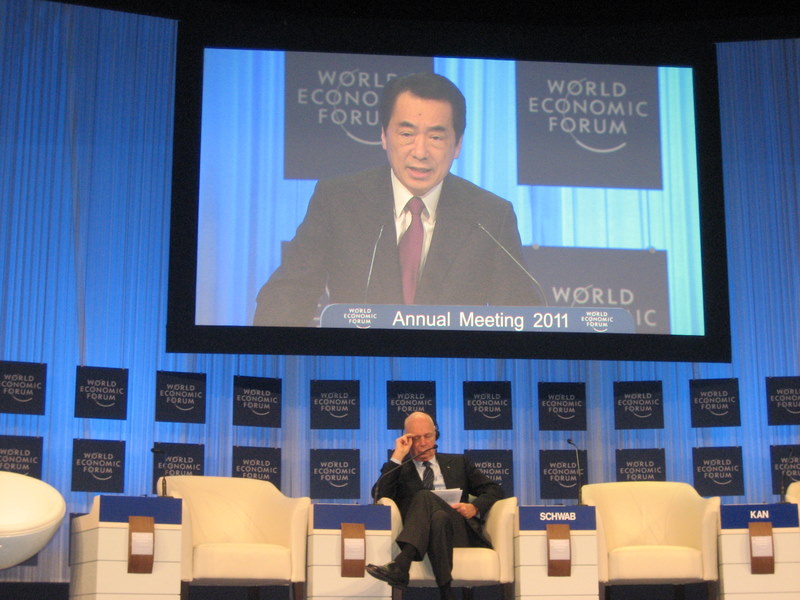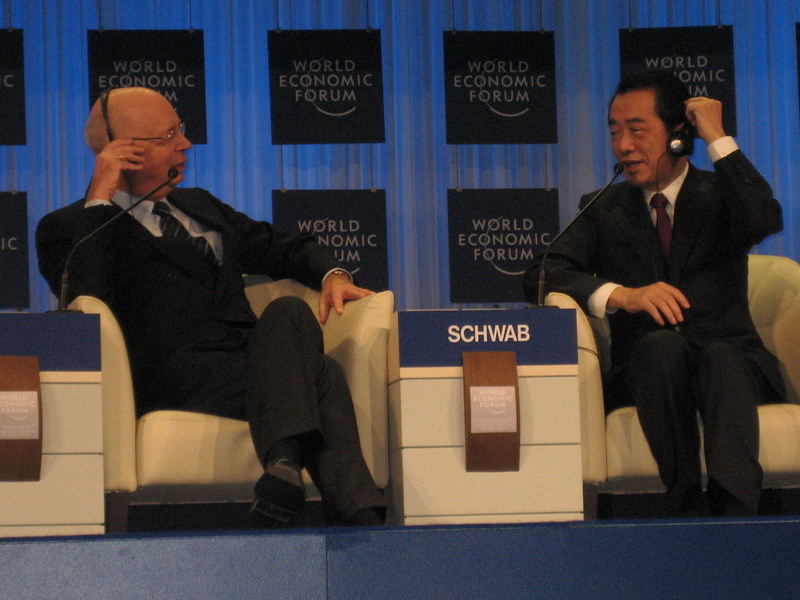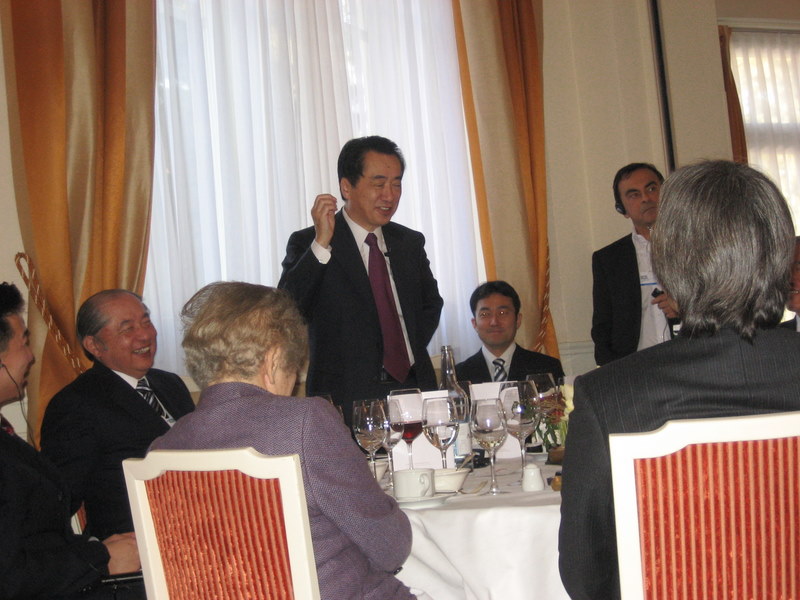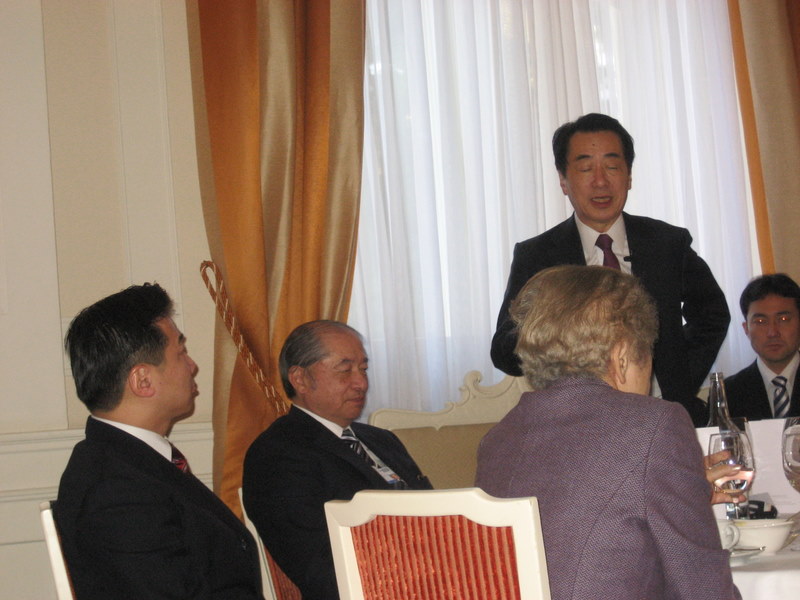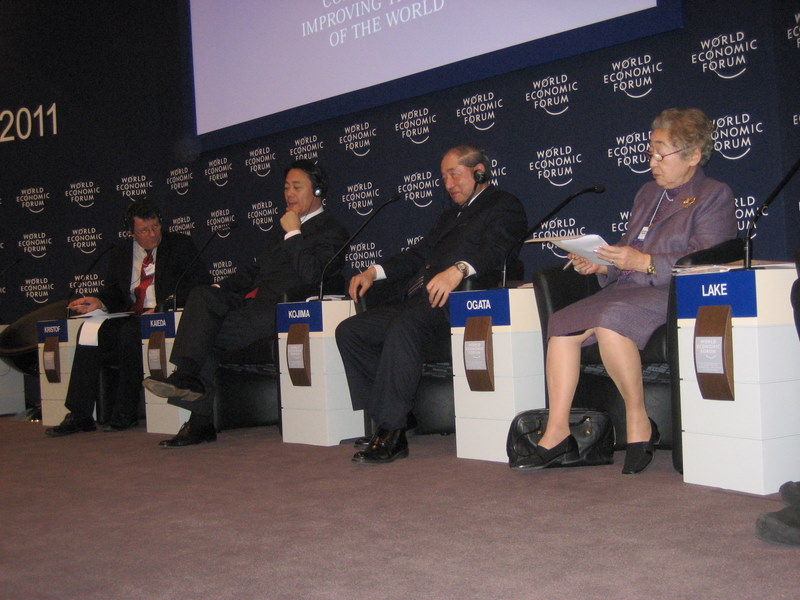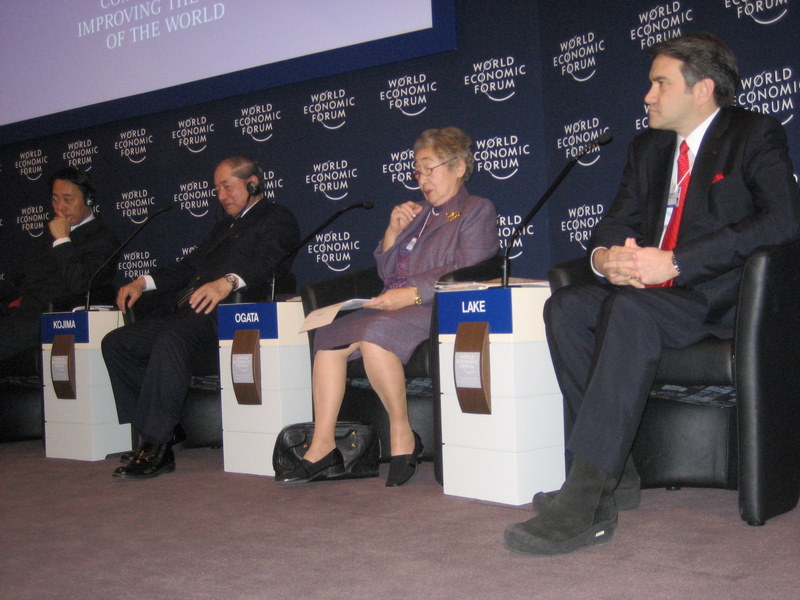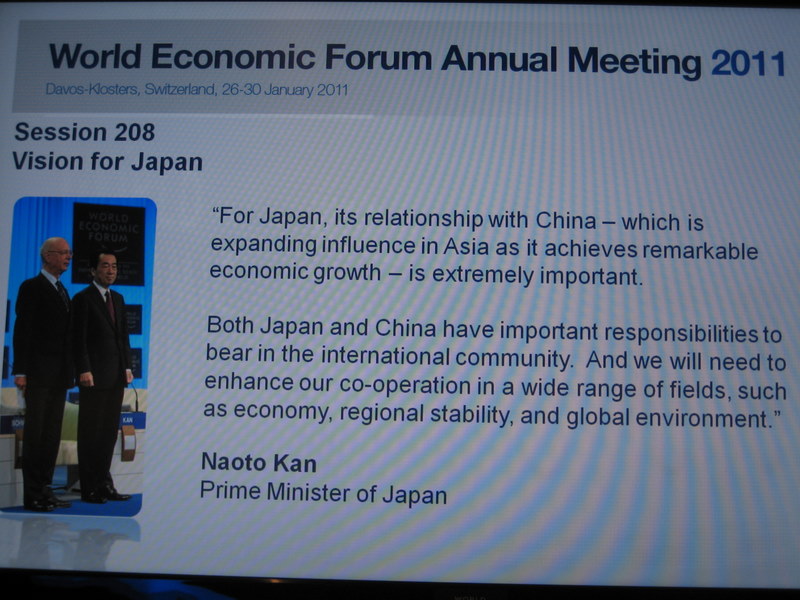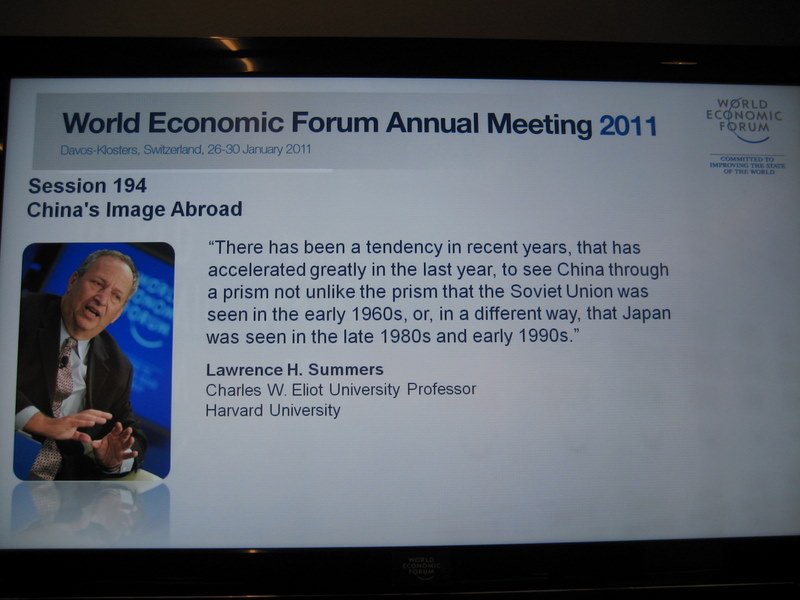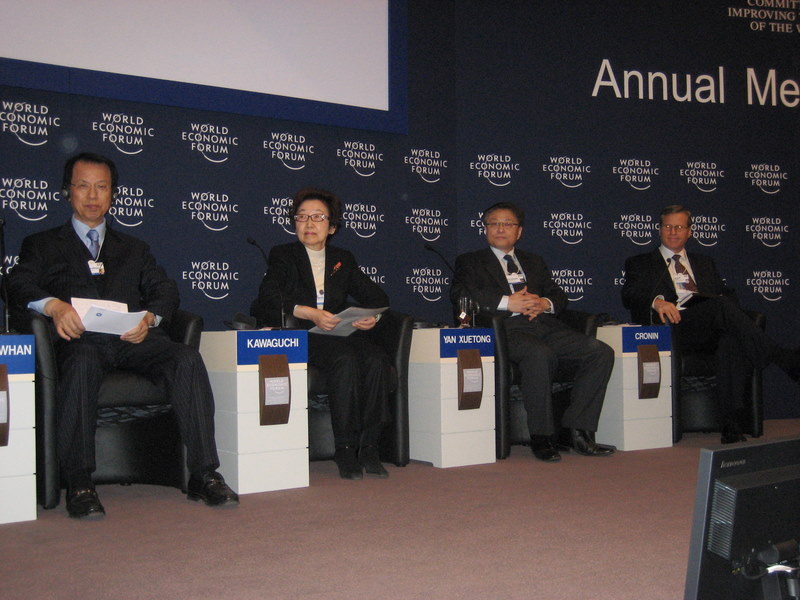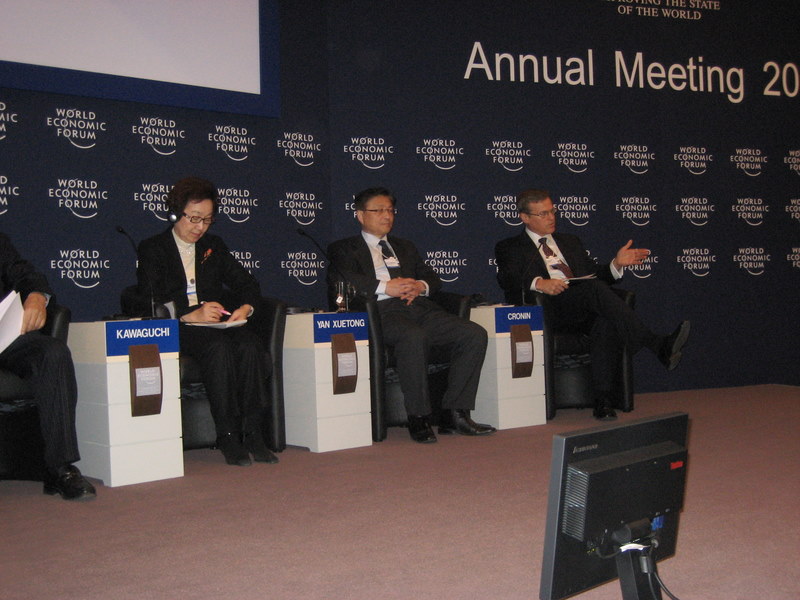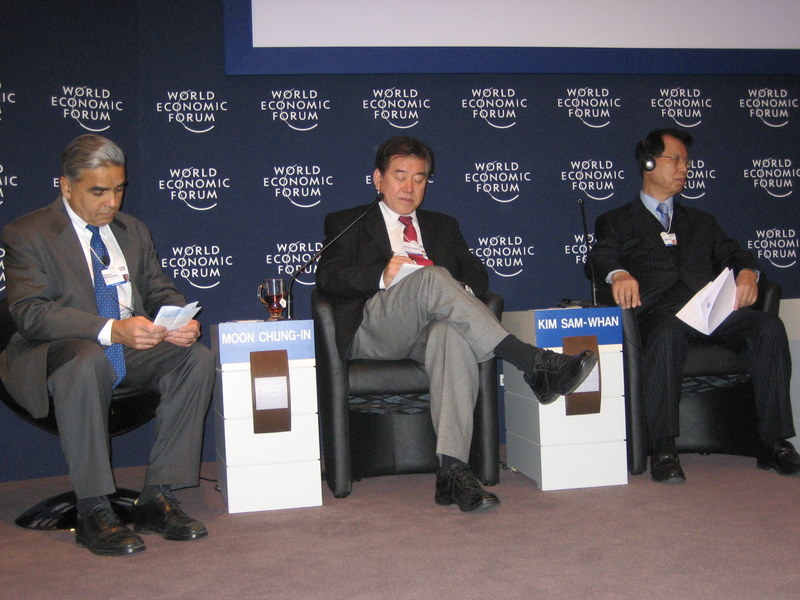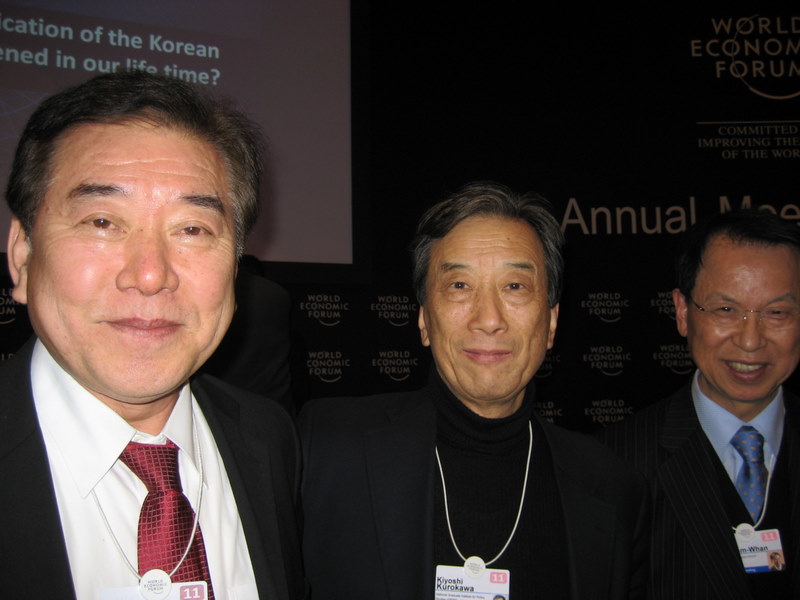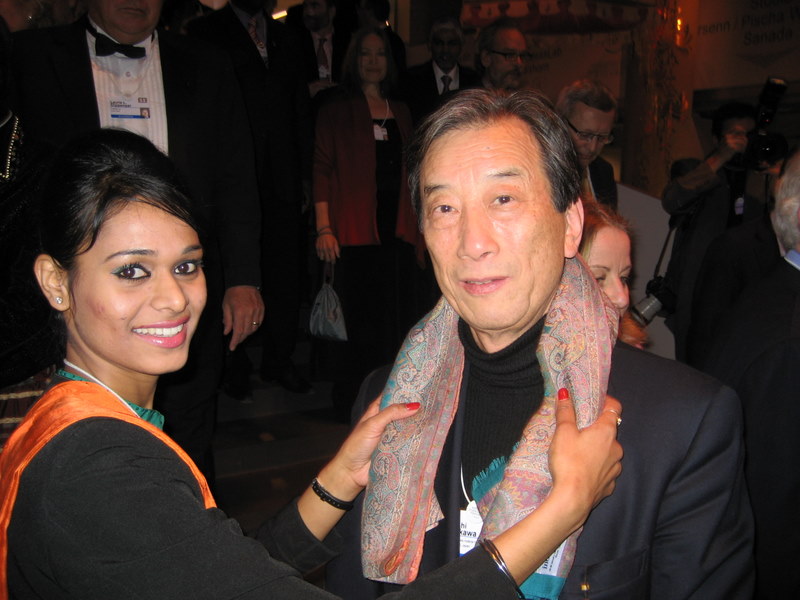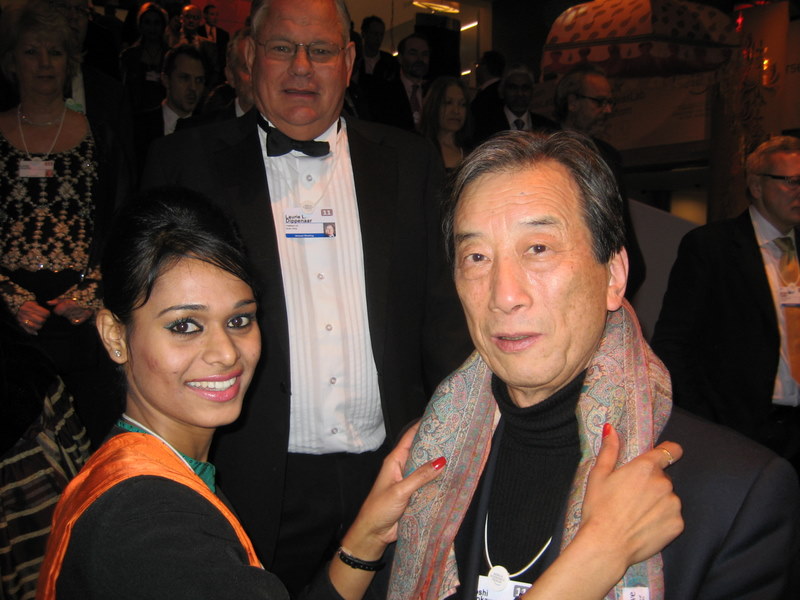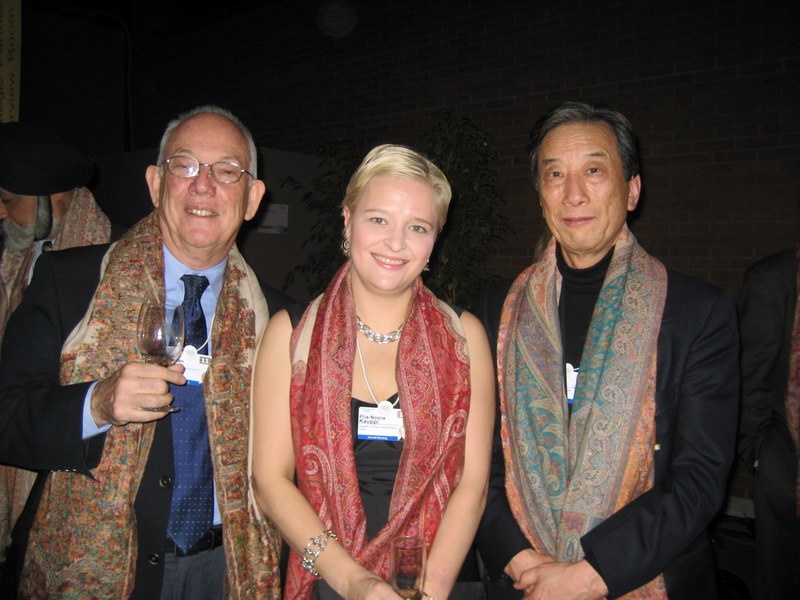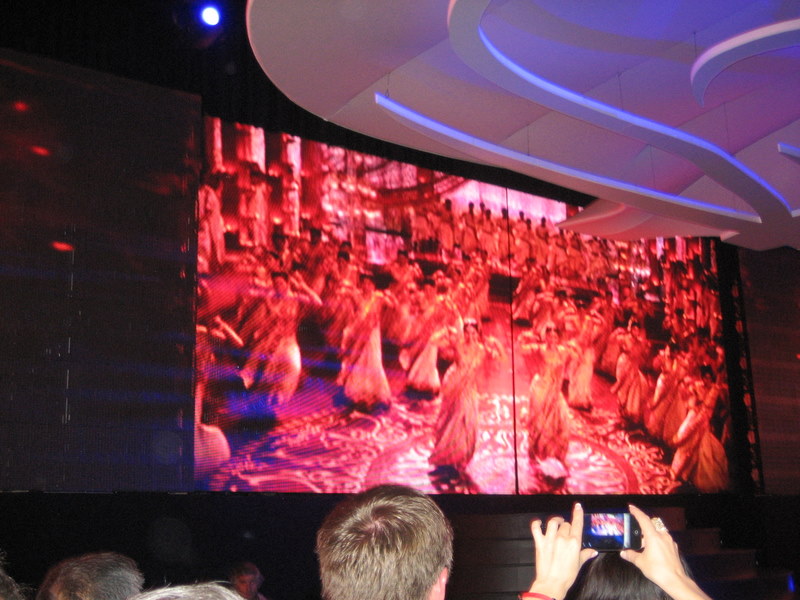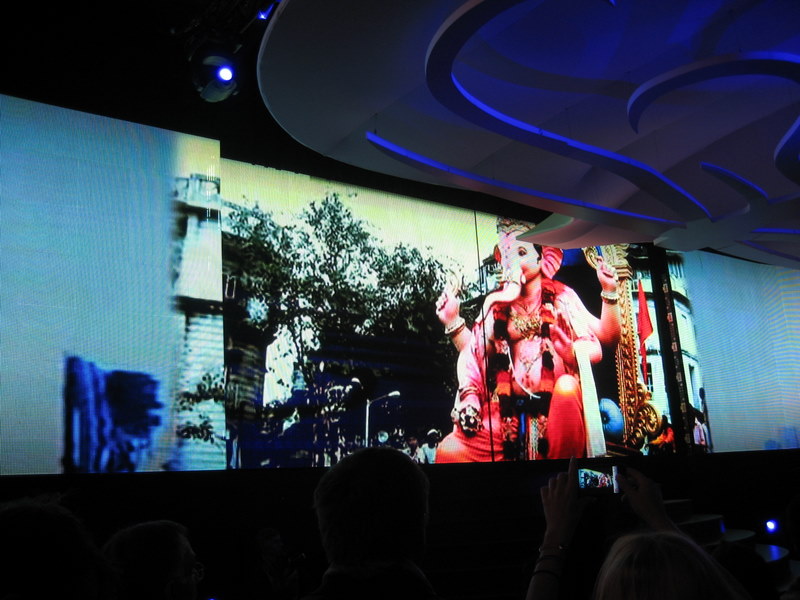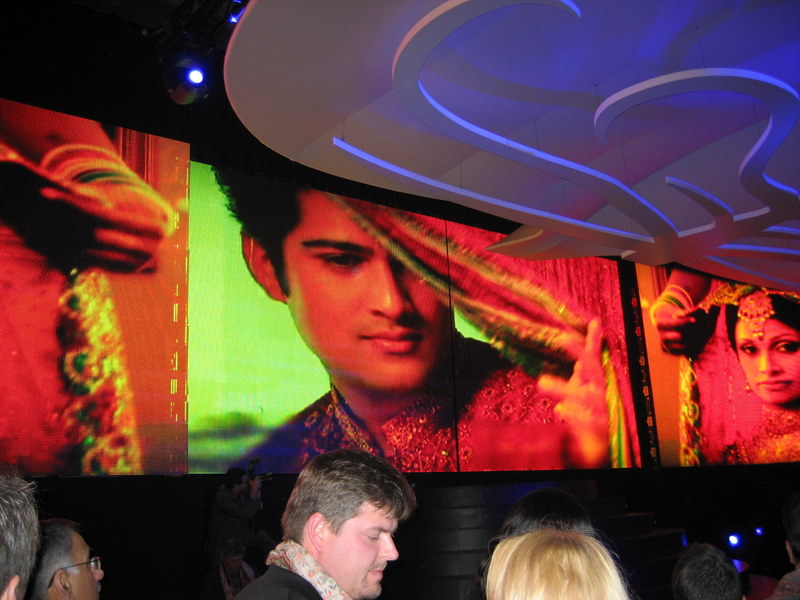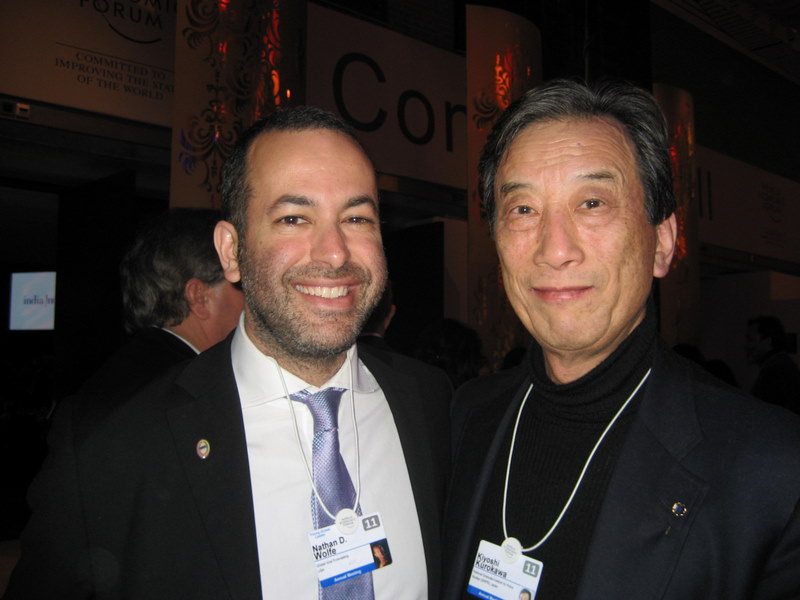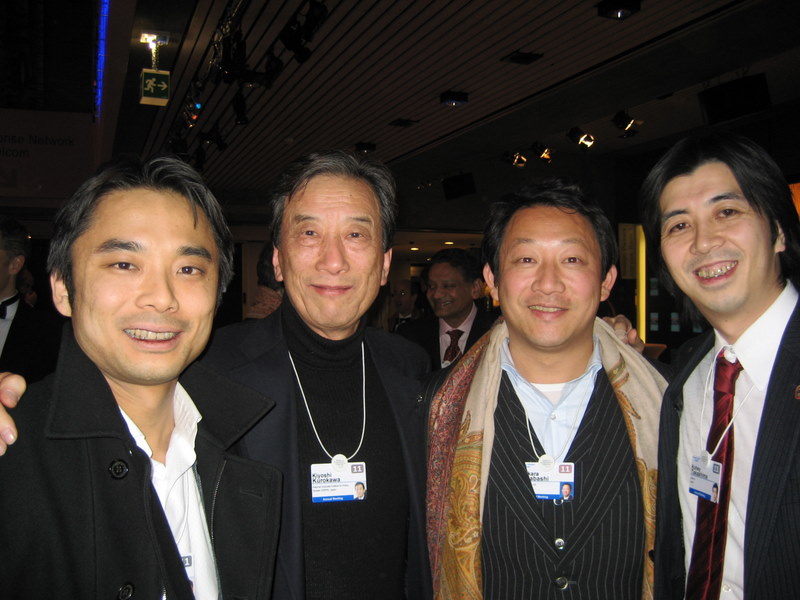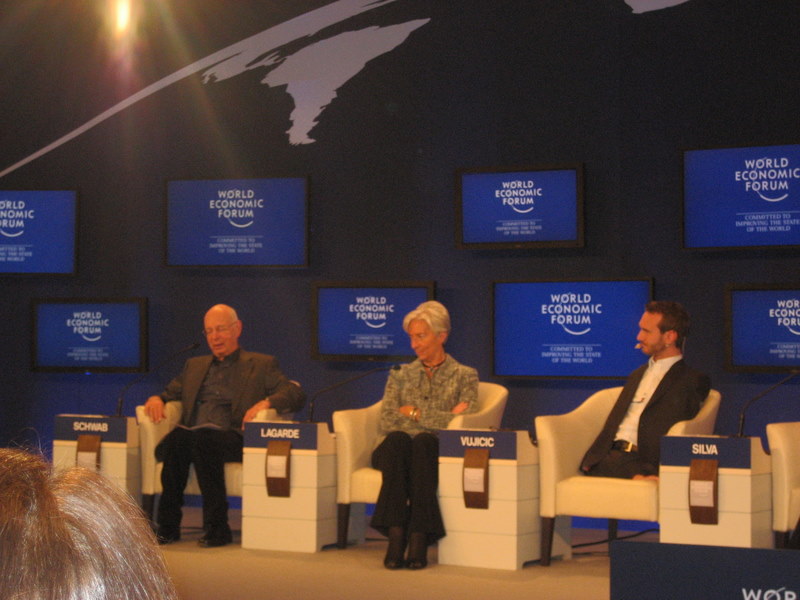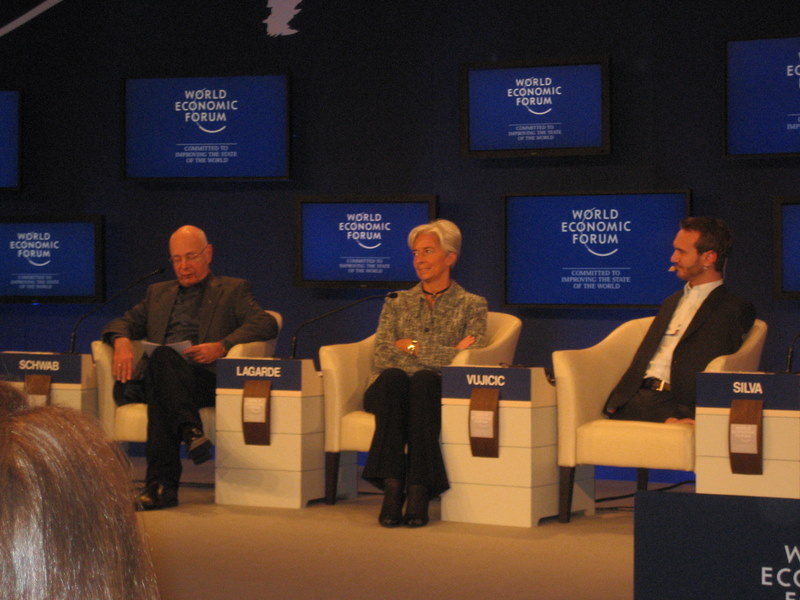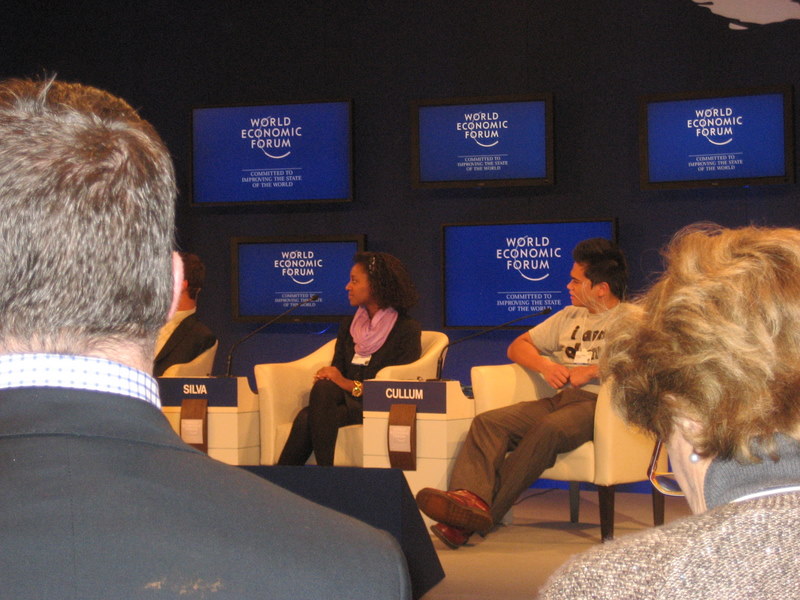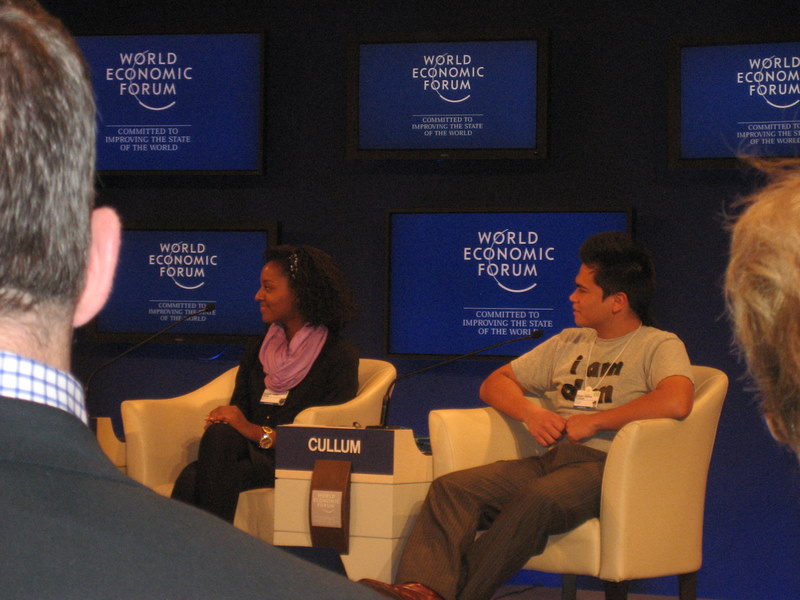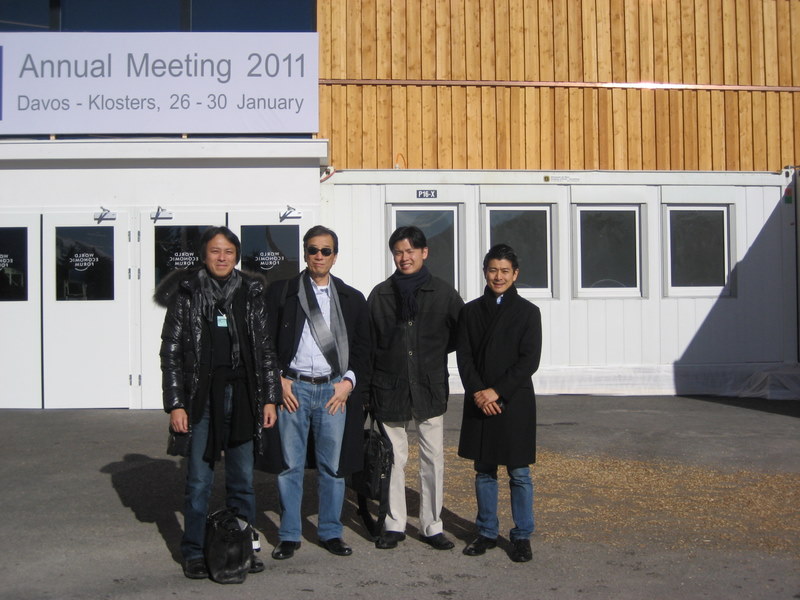I arrived at Haneda from San Diego early in the morning. This day, I ended up corresponding all day for the Project Hope.
Supporting system for disaster relief in Tohoku seems to be gradually getting into order, and more aids, although far from enough, are coming in to the stricken areas. Needs for medical care is changing rapidly. Now, there are more needs for handling of chronic disorder rather than acute illnesses. Equally becoming important are mental supports for the children and elderly.
Project Hope decided in the end to go to the stricken areas as well as the Fukushima area. Everyone is working very hard to contact relevant sections and offices in order to arrange the trip.
Dr. Shimabukuro decided to come back to Japan from UCLA again, and is busy getting into touch with people. In between, she even wrote an article to USA Today. Dr Shiabukuro is such a hard worker!
As for myself, I had to give a lecture next day at the luncheon hosted by the ‘Women’s Committee’ of the Tokyo American Club (TAC) on ‘Women Empowerment in Japan’, so to my regret missed the opportunity to go the disaster hit area with our Project Hope team.
At the TAC luncheon, I was seated next to Mrs Roos, wife of the U.S. Ambassador to Japan. I had the privilege of talking much about the quake and Fukushima issues with her. The activities of the Ambassador can be followed via twitter and you will easily see how much he is dedicated. By the way, all of the participants at this luncheon were women except for myself and Mr Lee, the President of TAC.
I opened my lecture by saying “Thank you for inviting me to TAC luncheon seminar to discuss ‘Gender Empowerment here in Japan.’ But, I must say that I am disappointed because today my audience consists of only women except for me and TAC president and what I speak to you today must be addressed rather mainly to men and you women know well many issues I will be talking about”. I also distributed a list of references.
I said that the challenge is how to shift from ‘society of men’ to ‘society of gender equality’ and ‘gender empowerment.’. In fact, Kathy Matsui of Goldman Sachs have written how her analysis show that if the Japanese society succeeded in encouraging women to take good part in workforce, the Japanese economy is expected to grow by 15%. For details, please refer to ‘Womenomics’ which I included in the reference list.
As you may notice, I am raising this issue again and again in this website.
